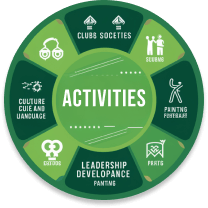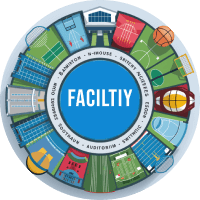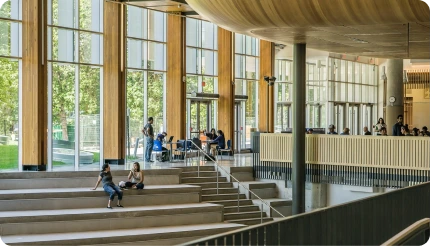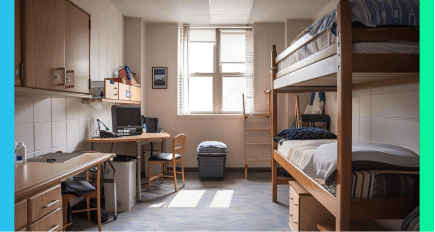UPMC boasted an advanced academic infrastructure that blended modern technology with robust scientific facilities. The Jussieu Campus featured high-tech lecture halls, research laboratories, computer centers, clean rooms, observatories, and a large central library. Specialized institutes such as the Institut Henri Poincaré and the Oceanographic Institute supported unique educational and research experiences. The university had facilities for biomedical simulation, experimental biology, and advanced computing. Wireless internet, collaborative study zones, and audiovisual teaching tools were widely available. On-campus laboratories were equipped with cutting-edge instruments for molecular biology, nanoscience, and environmental physics. The infrastructure supported interdisciplinary collaboration and innovation. Sustainability and accessibility were also part of the campus design, with renovations improving energy efficiency and barrier-free access. This extensive and specialized infrastructure enabled UPMC to deliver world-class science and medical education.
View More 















